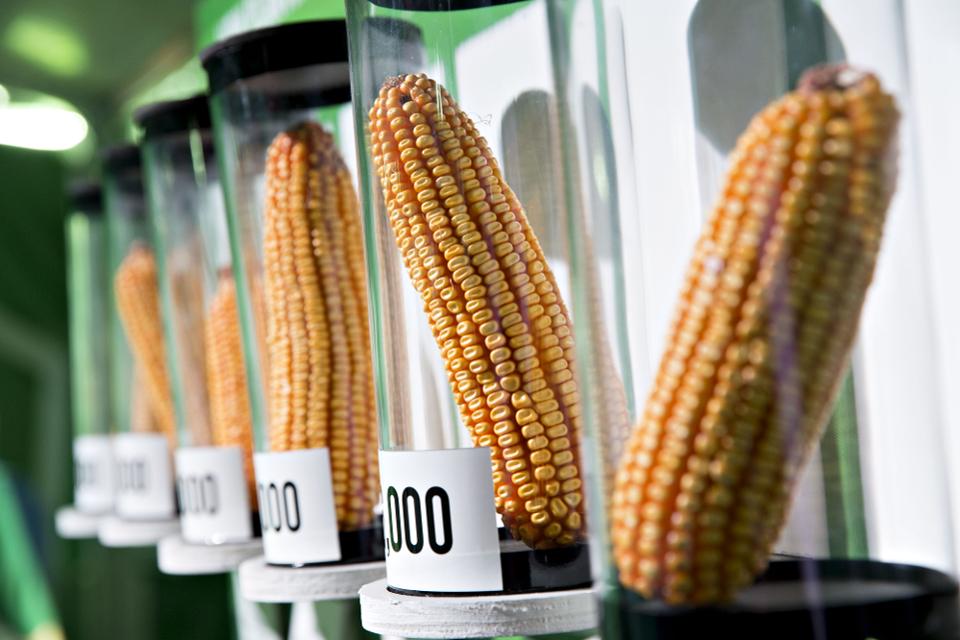The executive director of Citizens Advocacy for Social and Economic Rights (CASER) and convener of Food Avail Nigeria, Barr. Frank Tietie, has called on Nigerian farmers and consumers to embrace genetically modified (GM) foods.
Speaking at a press briefing in Abuja, Tietie encouraged the cultivation of Tela Maize and BT Cowpea, recently released and approved for Nigerian farmers.
He encouraged massive adoption of GM crops as a sustainable solution to food insecurity in Nigeria, adding that by embracing biotechnology and supporting scientific innovations, Nigeria can enhance agricultural productivity, improve food access and ensure a prosperous future for all its citizens.
According to the executive director, Genetically Modified Organisms (GMOs) can be of importance to the Nigerian agricultural sector and food security in several ways. “GMOs have the potential to increase crop yields, enhance nutritional content, and improve resistance to pests and diseases. In Nigeria, where agriculture is a significant component of the economy and food security is a concern, GMOs could play a role in addressing these challenges.”
Mr Tietie noted that GMO crops can be engineered to withstand harsh environmental conditions such as drought or heat, which are particularly relevant in various regions of Nigeria. This could potentially lead to increased crop productivity and reduced risk of crop failure. Additionally, GMOs can be modified to contain essential nutrients, addressing malnutrition and enhancing the nutritional value of staple crops in Nigeria.
He added that “GMO technology can help in the development of pest-resistant crops, reducing the reliance on chemical pesticides, thereby making agricultural practices more sustainable and environmentally friendly. This could contribute to increased food production and improved food security in Nigeria.”

 Join Daily Trust WhatsApp Community For Quick Access To News and Happenings Around You.
Join Daily Trust WhatsApp Community For Quick Access To News and Happenings Around You.


